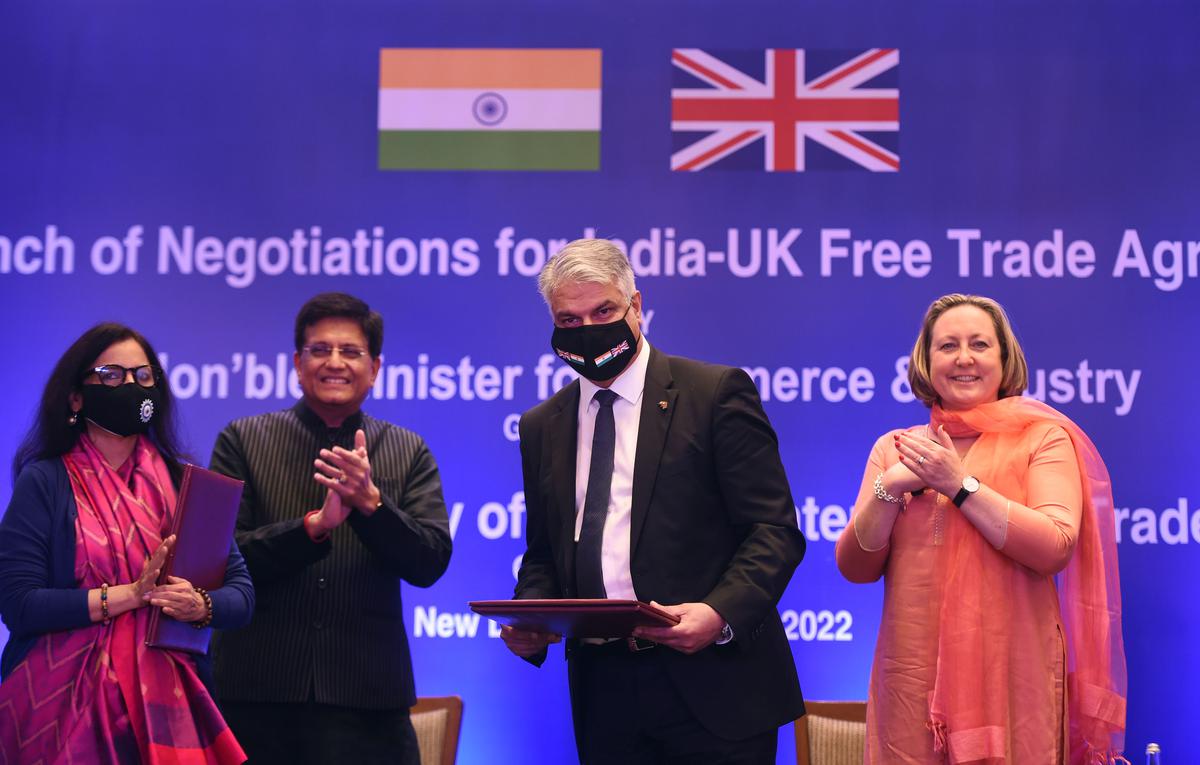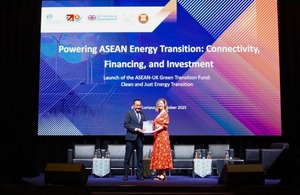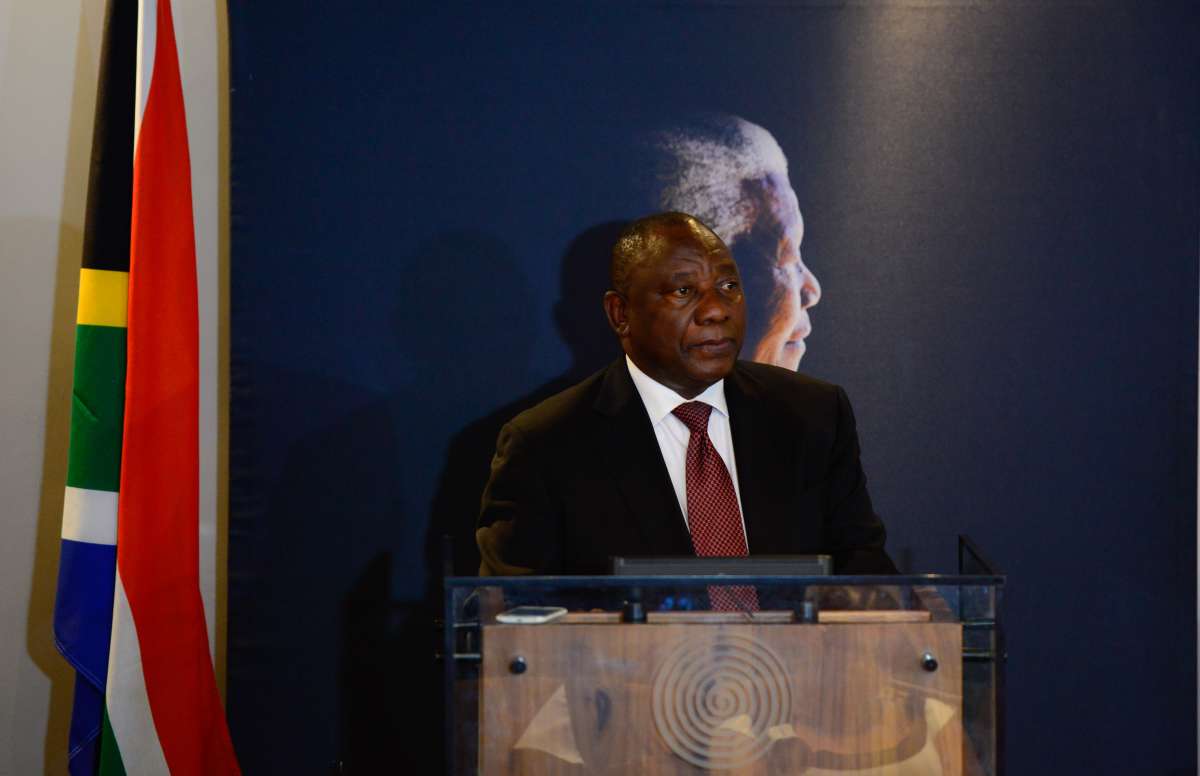With India and the U.K. working to seal a free trade agreement (FTA) soon, the Council has said making it easier to do business is as important as the trade pact to bolster trade and investment flows….reports Asian Lite News
Legal and regulatory impediments in India continue to be a source of “frustration” for investors looking to set up or expand operations in India, even as land acquisition and “regular delays” in Customs clearances remain problematic, the U.K. India Business Council (UKIBC) has conveyed to the Government of India.
The Council has urged India to take a “broader view” of priority sector lending norms for foreign banks operating in India and sought equitable tax treatment, while flagging rising instances of counterfeit product sales through e-commerce platforms as a deterrent for intellectual property (IP) owners.
With India and the U.K. working to seal a free trade agreement (FTA) soon, the Council has said making it easier to do business is as important as the trade pact to bolster trade and investment flows. Its recent submissions to the government, based on inputs from British firms operating in the country, include a laundry list of procedural, taxation and other areas that need intervention.
“Legal and regulatory impediments remain a frustration according to businesses. Duplication of regulation wherein two sets of regulations are administered by two different arms of Government on the same issue was cited as a key issue,” the UKIBC has pointed out.
Such duplication leads to delays and costs, and are most common in areas on the Constitution’s concurrent list of legislations, such as labour, environment, food and personal care. “Unnecessary, duplicated regulations are a disincentive to investment,” it said, adding that there are several grey areas in compliance, be it in tax or telecommunications.
“In essence, our recommendations are about reducing bureaucracy, simplifying legal and regulatory complexities and taxation, developing world class IP and infrastructure environments, and enshrining investor protection,” said UKIBC executive chair Richard Heald, underlining that U.K. businesses want to scale up their India investments.
Noting that lack of enforcement of IP rights is problematic and can stifle innovation, U.K. firms have cited examples of counterfeit items in circulation, with more instances coming up in online commerce, which has assumed greater import post-pandemic. This has heightened the problem of “breakdown of intellectual rights”, the Council said.
U.K. firms have also sought improvements in land acquisition processes, particularly from the public sector, and stressed that conversion of land use is a long-drawn process that impedes business plans.
“Businesses also struggle to expand structures in India due to complex compliance requirements, particularly the structural compliances. Together, reforms to make greenfield and brownfield acquisition and development simpler would help businesses to open more stores, factories, and other facilities, thus enabling them to expand faster and provide gainful employment,” the UKIBC said.
While the lower corporate tax rates, including a 15% levy for new manufacturing units incentivises investments, the UKIBC has said there is a “significant disparity” between the effective corporate tax rates for foreign firms using a “branch model”, taxed at 43.68%, compared to domestic peers who are taxed at 25.17%.
“This serves as a major disincentive for international businesses using this model, such as banks,” the Council said, attributing part of the problem to the abolition of the dividend distribution tax.













